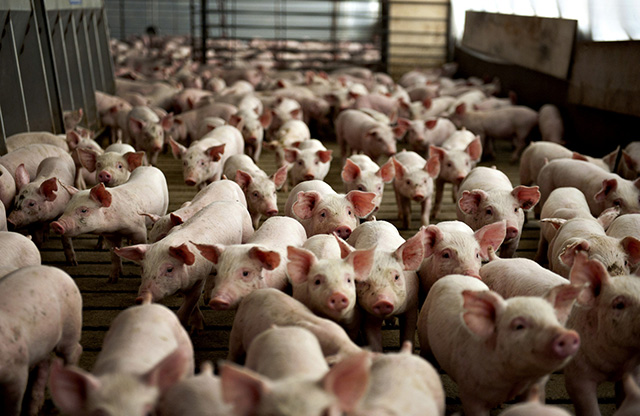What will the UK-NZ free trade deal mean for UK pork?

On 21 October the Department for International Trade announced the Prime Minister had sealed a “ground-breaking” deal with New Zealand which it says will give a “boost to British exporters and small businesses as both countries ditch tariffs and cut red tape.”
While full details are yet to be agreed, it is understood that the deal would remove all import tariffs on New Zealand’s agricultural goods, allowing New Zealand producers much greater access to sell their products into UK markets. Analysis from the AHDB’s strategic insight specialist David Swales shines a light on New Zealand’s agricultural production and trade and outlines the potential implications for Britain’s pig farmers.
Pork production in New Zealand is small, and therefore imports are required in order to match consumption. Currently around 60% of New Zealand pork is imported, with many products made in New Zealand using imported product. Total pork imports are only around 52,000 tonnes (2017-19 average).
At AHDB we feel it is important to weigh up both opportunities and threats from trade deals. We should acknowledge that UK farmers will also get improved access into New Zealand, although in reality this access is likely to be of limited value. This is because with a population of only five million the New Zealand marketplace is very small – and as we know from the figures above it is a major agriculture producer and exporter in its own right.
Even at the whole economy level, UK Government’s own analysis suggests that the deal will have little effect on GDP. Given this, many will question why we are striking a trade deal in the first place.
In an article published back in March about a future trade deal with New Zealand, Tom Forshaw highlighted that he saw securing a trade deal as an important pre-requisite to joining the Comprehensive and Progressive Trans-Pacific Partnership (CPTPP) – a bloc of 11 countries around the Pacific Rim. There will be opportunities for UK agricultural exports to this broader group – so the deal with New Zealand might represent short-term pain before we get some gains in the longer term.
Read also
Wheat in Southern Brazil Impacted by Dry Weather and Frosts
Oilseed Industry. Leaders and Strategies in the Times of a Great Change
Black Sea & Danube Region: Oilseed and Vegoil Markets Within Ongoing Transfor...
Serbia. The drought will cause extremely high losses for farmers this year
2023/24 Safrinha Corn in Brazil 91% Harvested
Write to us
Our manager will contact you soon



